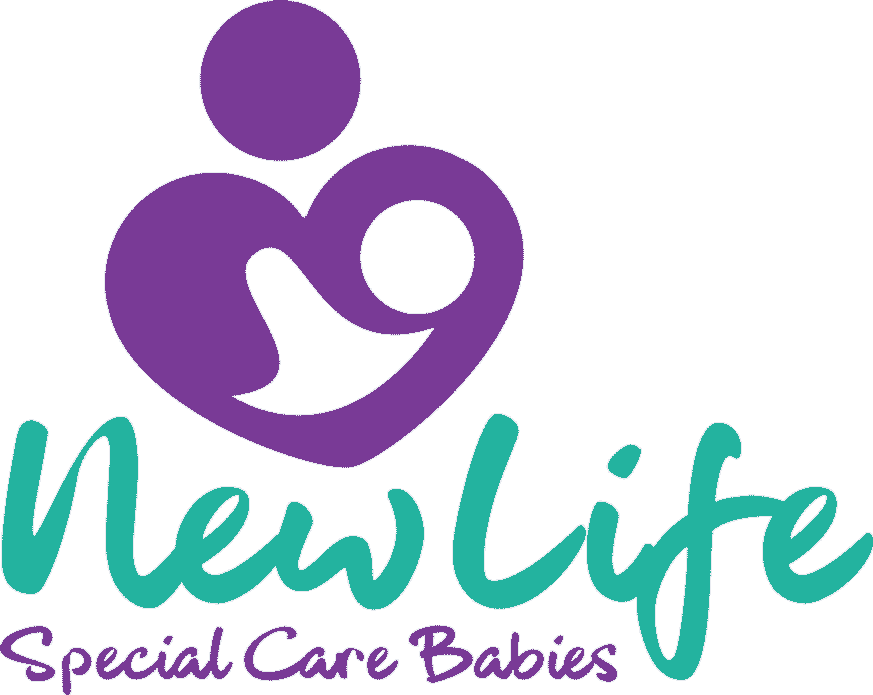

Statistics
At Newlife we are passionate about raising awareness of the issues surrounding premature birth.
- An estimated 15 million preterm babies are born each year globally. In the UK, around 60,000 babies are born preterm which accounts for approx 8% of all births.
- A preterm baby is one which is born before 37 weeks completed pregnancy and the World Health Organisation' categories preterm babies as follows; extremely preterm - less than 28 weeks, very preterm - 28 to 32 weeks and moderate to late preterm - 32 to 37 weeks. The UK's smallest baby Alaiyah Hart weighed just 12 ounces when she was born and survived.
- Preterm babies often require additional support to help their organs develop. They may be taken to an incubator to help control their temperature, they may require some support to help them breath, and to feed.
- Preterm babies who need to stay in hospital are often able to go home by their due date. There are however always exceptions and those babies that require some additional care beyond their due date.
- Its really important for parents to bond with their babies when in a neonatal unit. Talking to your baby and skin to skin contact is encouraged by neonatal staff and brings comfort to both baby and parent.
- Parents are encouraged to help care for their baby when in a neonatal unit whether this is feeding them, changing their nappy, dressing them for the day.
- Breast milk is particularly important for premature babies where the mother is able to express or feed their baby due to the leukocytes and antibodies in breast milk which protect babies from infection. For mothers who are unable to produce breast milk or choose not to breast feed their baby, donor breast milk is now commonly available.
- Studies show that talking to your premature baby not only comforts them but can help with their neurological development, and can improve their educational achievements in later years.
- It costs the NHS in excess of £1,000 per day to look after a baby who requires intensive care in a neonatal unit.
- Having a baby is expensive, having a premature baby is even more so. A prior survey by Bliss indicates that parents with a baby in neonatal care spend on average £282 per week on food, drinks and parking.
- Most neonatal units provide 24 hour access for parents with a baby requiring intensive care.
- A preterm baby is looked after a team of medical professionals including specialist nurses. It can take up to six years to become a fully qualified neonatal nurse.
- For the first two years of their lives preterm babies have two special ages, their ‘birth age’ based on the day they were born and their ‘corrected age’ which is based on their due date.
- Due to their tiny size and medical needs preterm babies often don’t wear any clothes for the first few weeks or months of their lives.
- 20% of babies born prematurely suffer from Retinopathy of prematurity an eye condition. All preterm babies will have a specialist eye test while they are in the neonatal unit to identify this and any other visual issues.
- Medical professionals monitor preterm babies in many ways. One way of doing this is by taking blood samples. Blood samples are taken from the heel of a preterm baby to minimise pain and risk of infection.
- As the law currently stands, a mother of a preterm baby must start her maternity leave on the day their baby was born. Parents of preterm babies often spend the first few months of their babies lives in hospital. There is an ongoing campaign in the UK called ‘Employers with a Heart’ which is encouraging employers to start the maternity leave of a preterm mother when their baby would have been 37 weeks gestation.
- Having multiple babies increases the risk of a preterm birth. Once multiple babies no longer need to be in an incubator they often share a cot in the neonatal nursery to encourage bonding between them.
- Once out of the incubator preterm babies rely on kind volunteers who donate knitted clothing and blankets to keep them warm!
- Famous figures Charles Darwin, Albert Einstein, Pablo Picasso, Stevie Wonder and Sir Winston Churchill were all born prematurely.
- Babies do not develop their suck and swallow reflex until they are between 32 and 36 weeks gestation. Most preterm babies are therefore fed via a feeding tube until this reflex develops, mums and dads can tube feed their baby as part of their care.
- Preterm babies need to be moved position regularly to avoid flat head and help with breathing difficulties. A rolled up blanket or towel is often places around preterm babies to help them feel safe and secure.
- Preterm babies are often placed in a plastic bag when they are born so that they can retain heat before being moved into an incubator.
- Like all babies, preterm babies need lots of nappies. Pampers recently developed a tiny nappy for babies below 1.8kgs which has special features to make room for wires and tubes and easy access for changing.